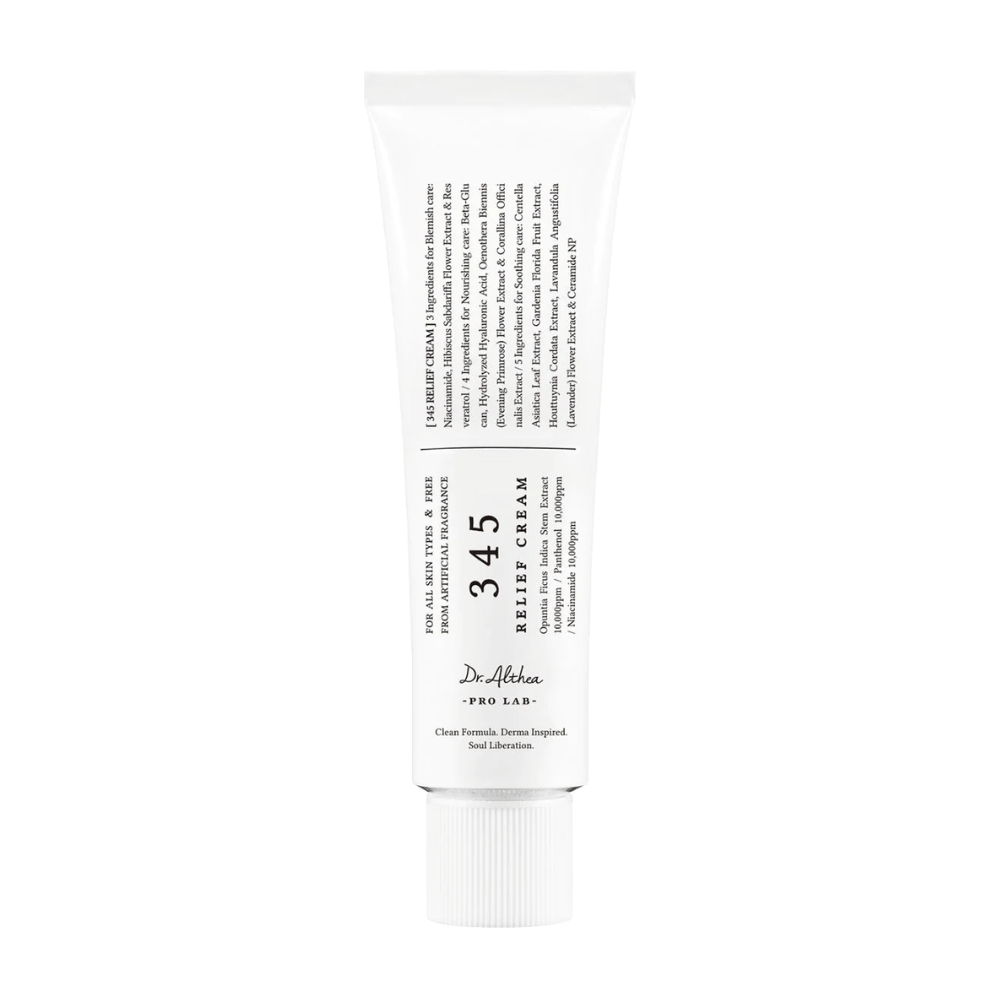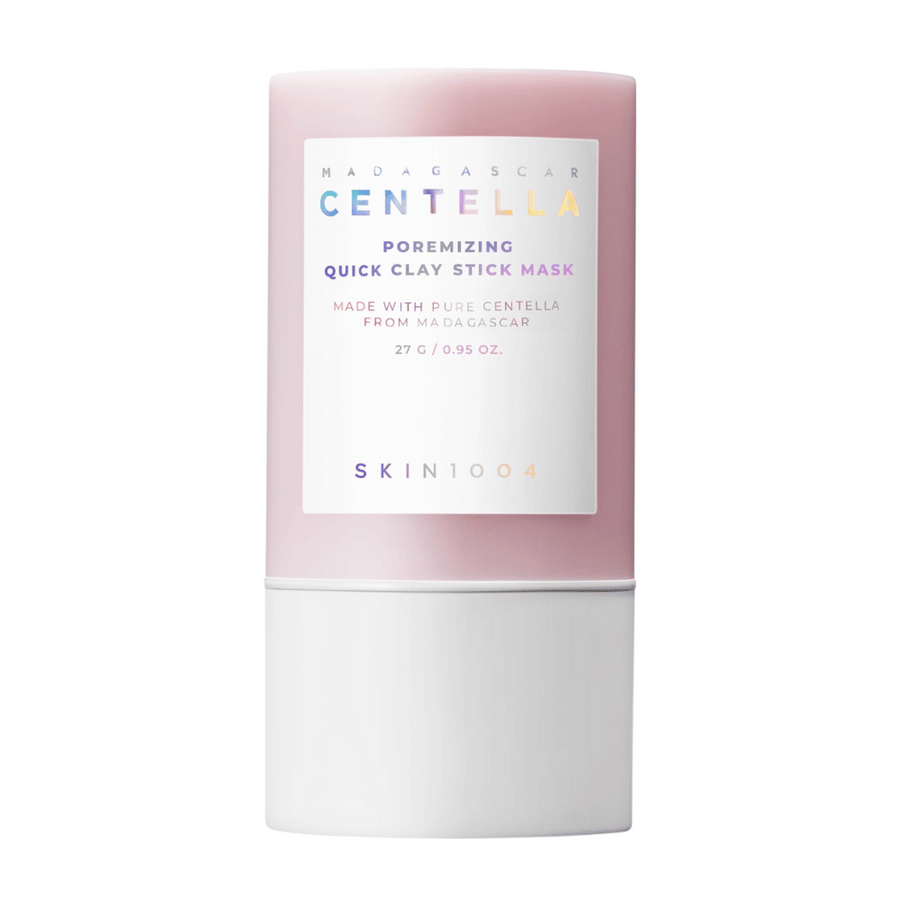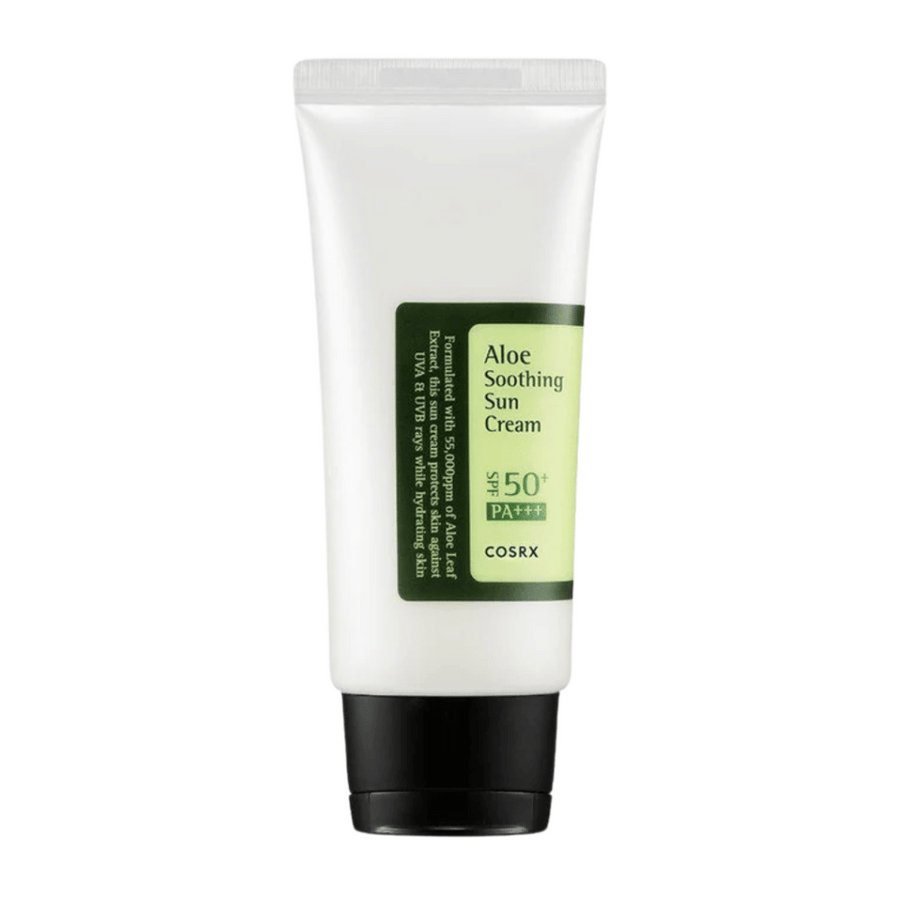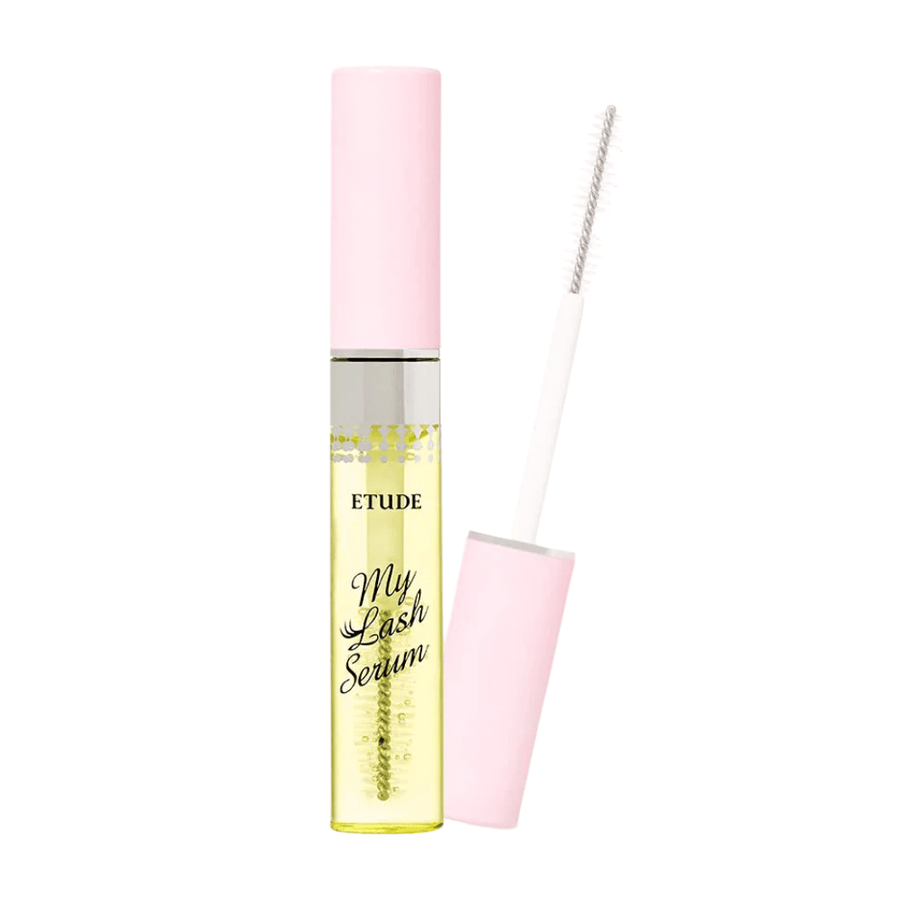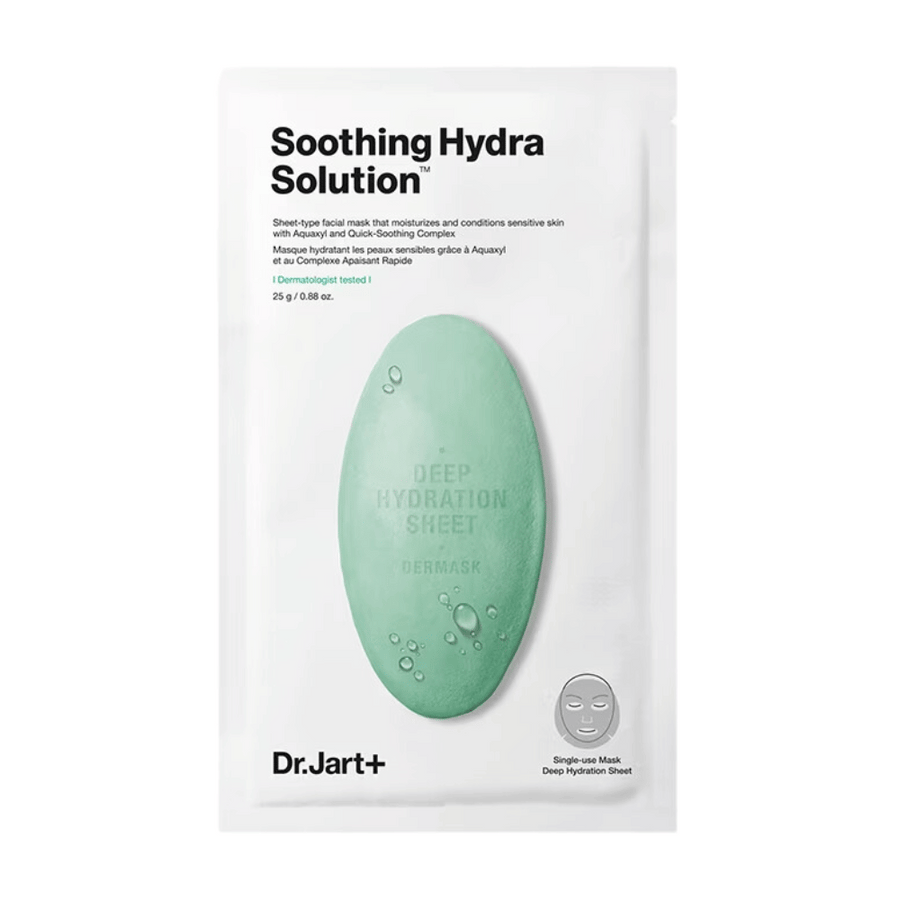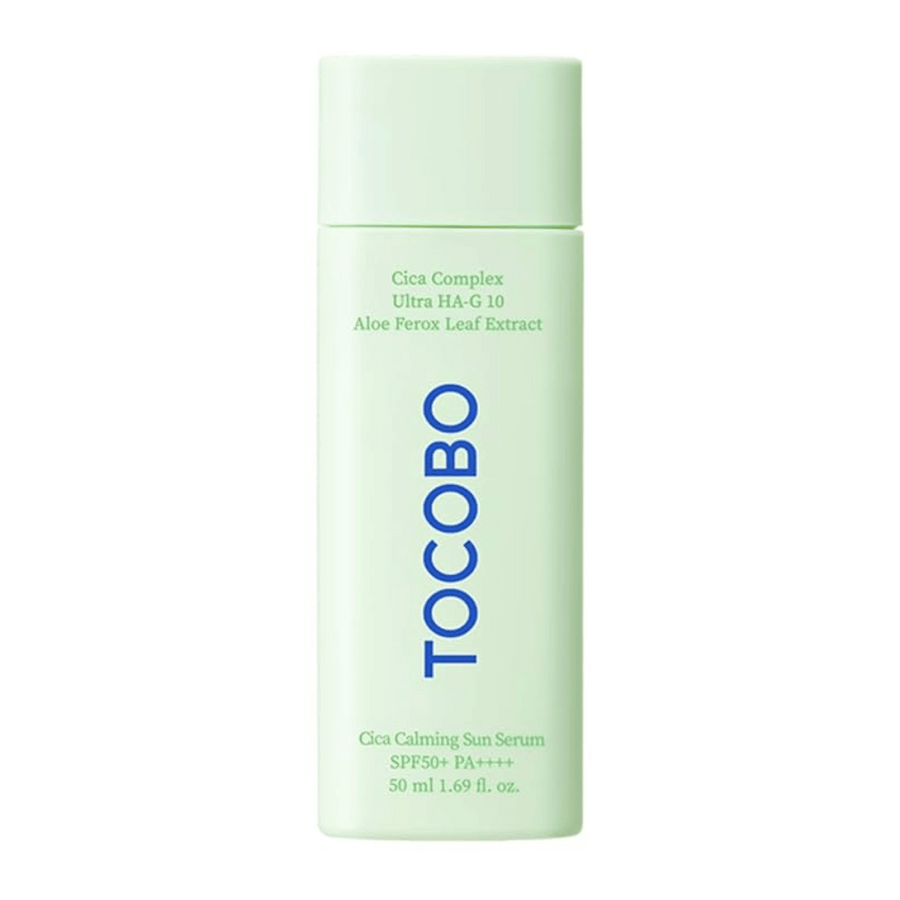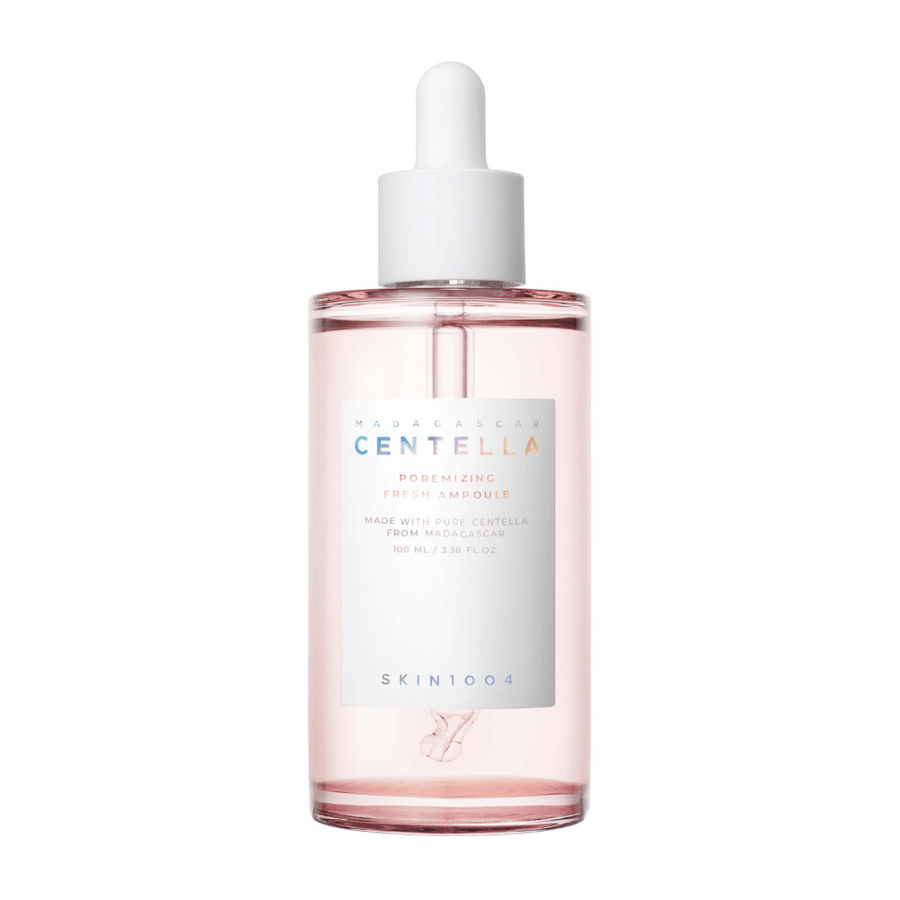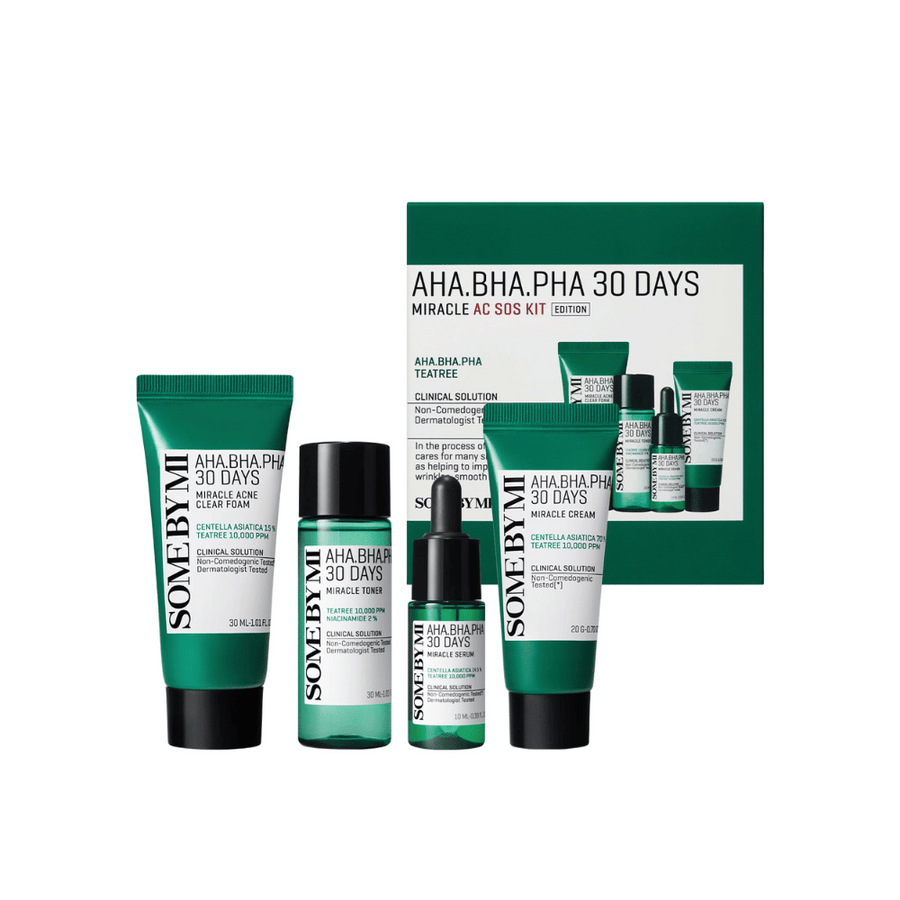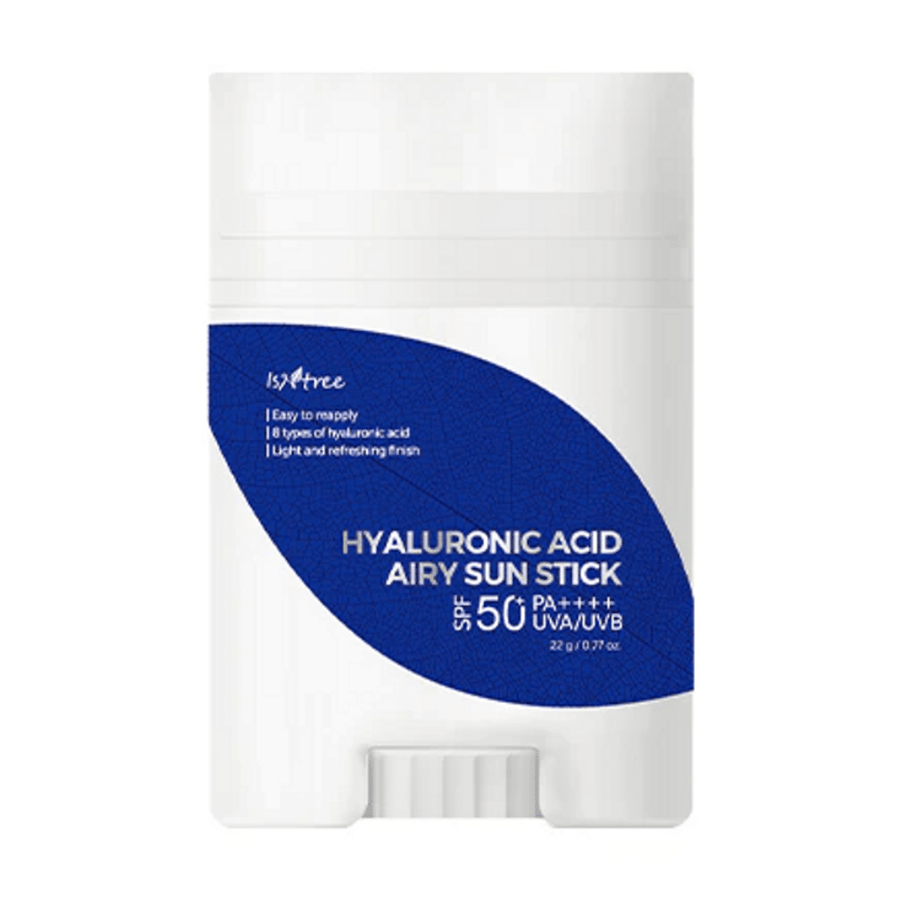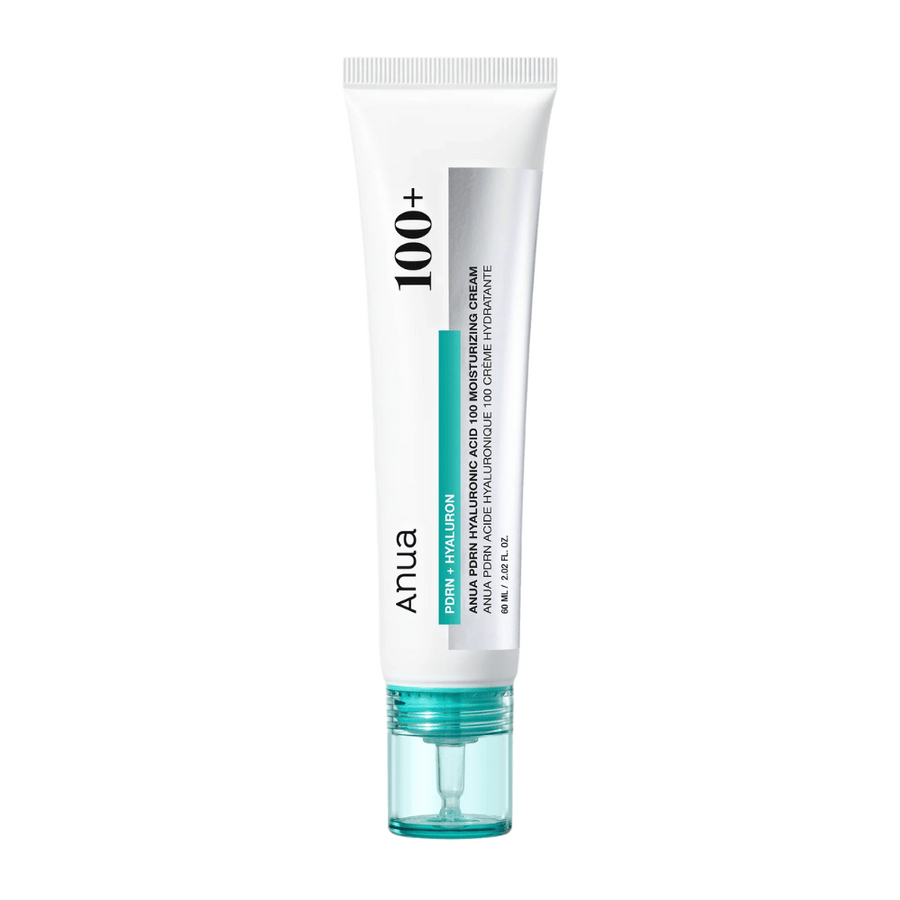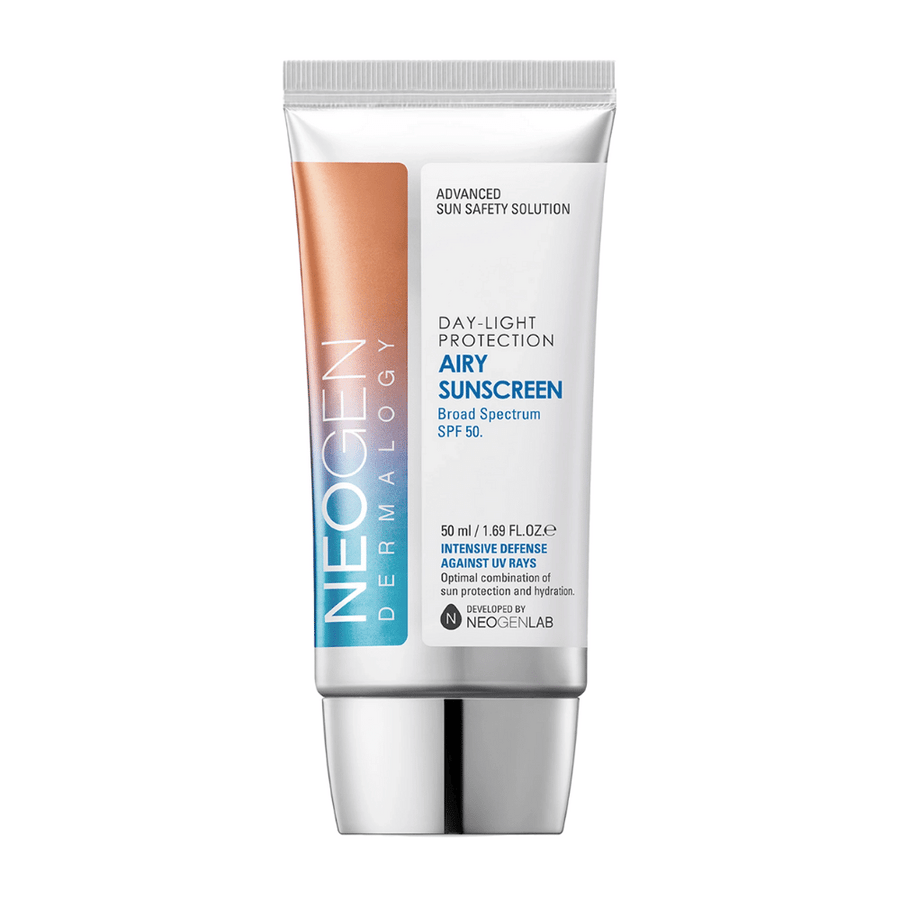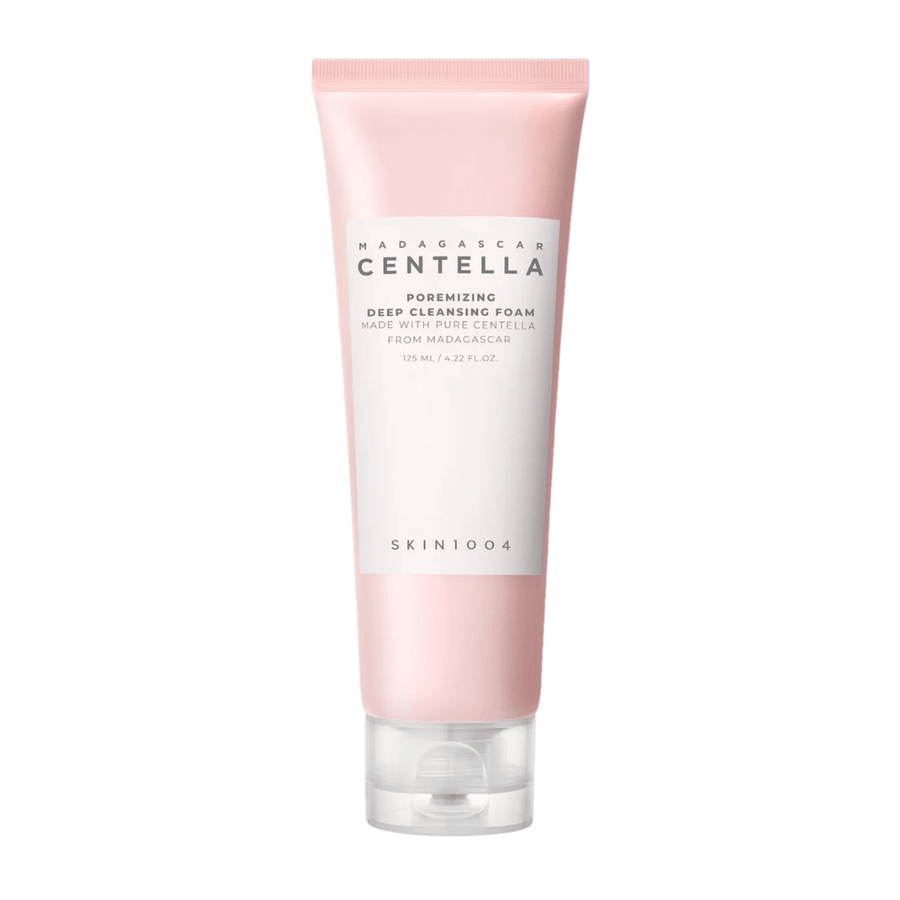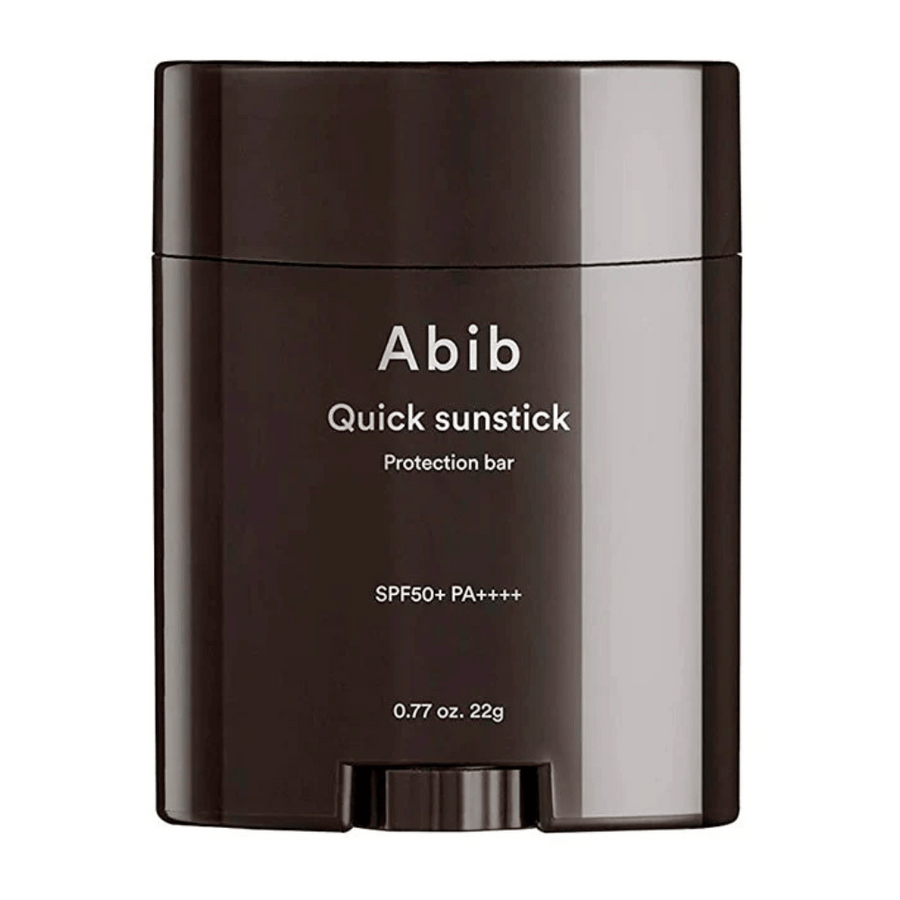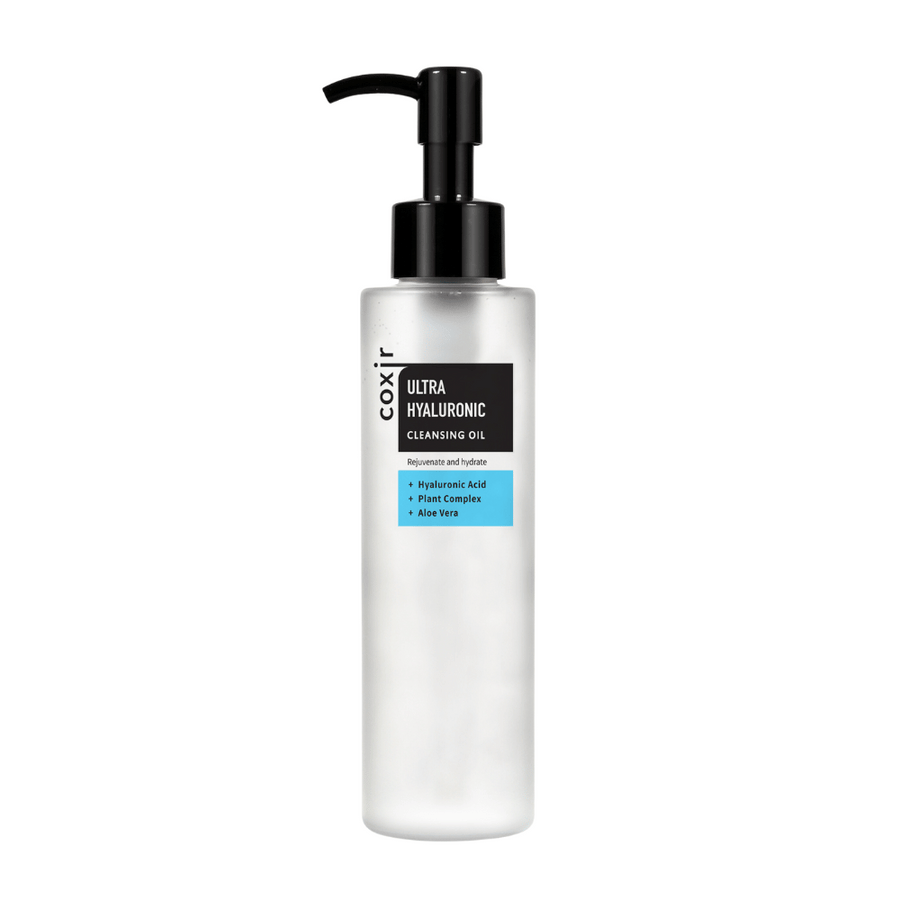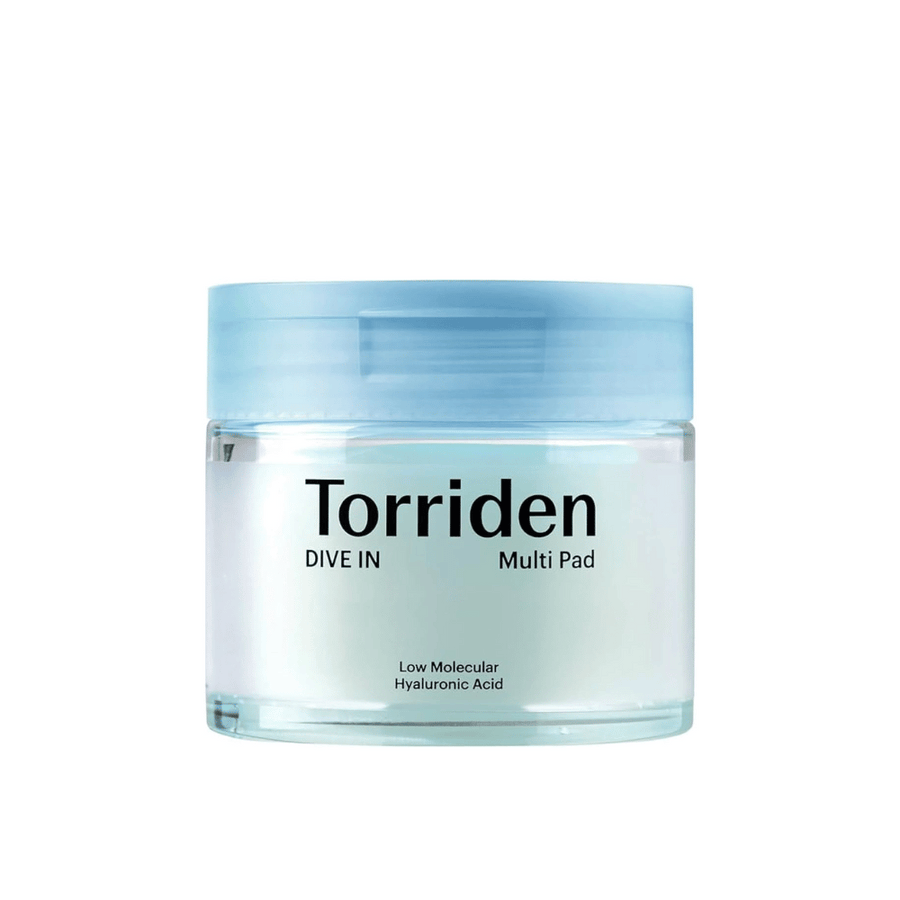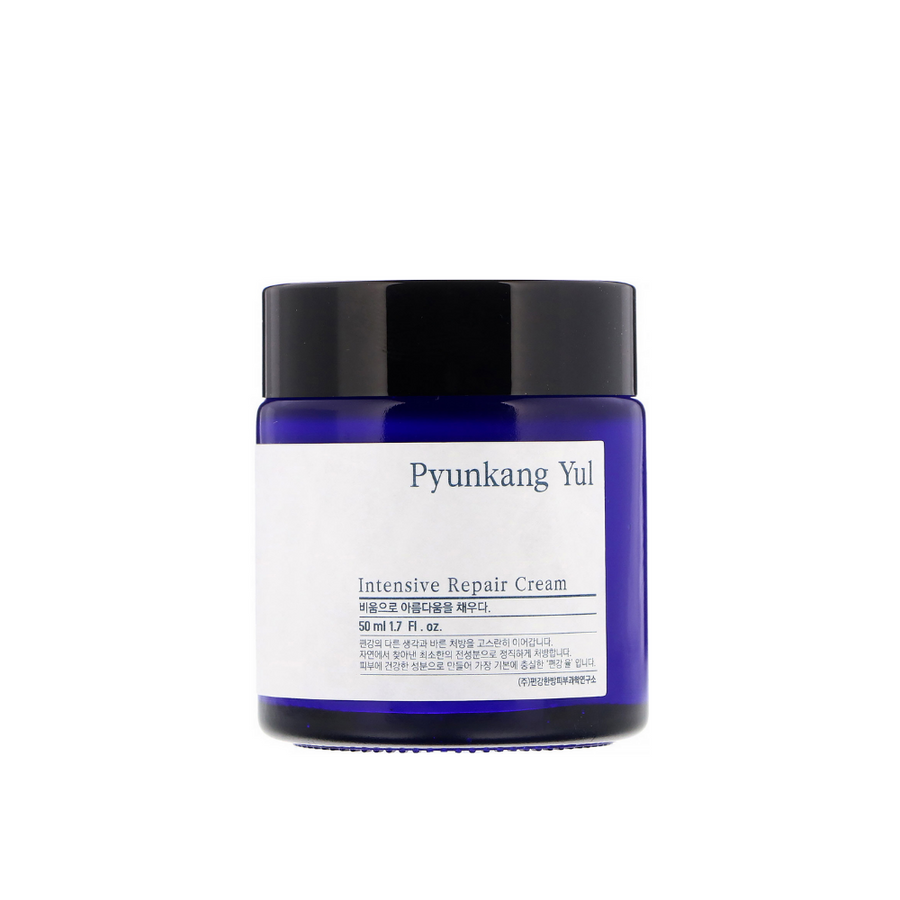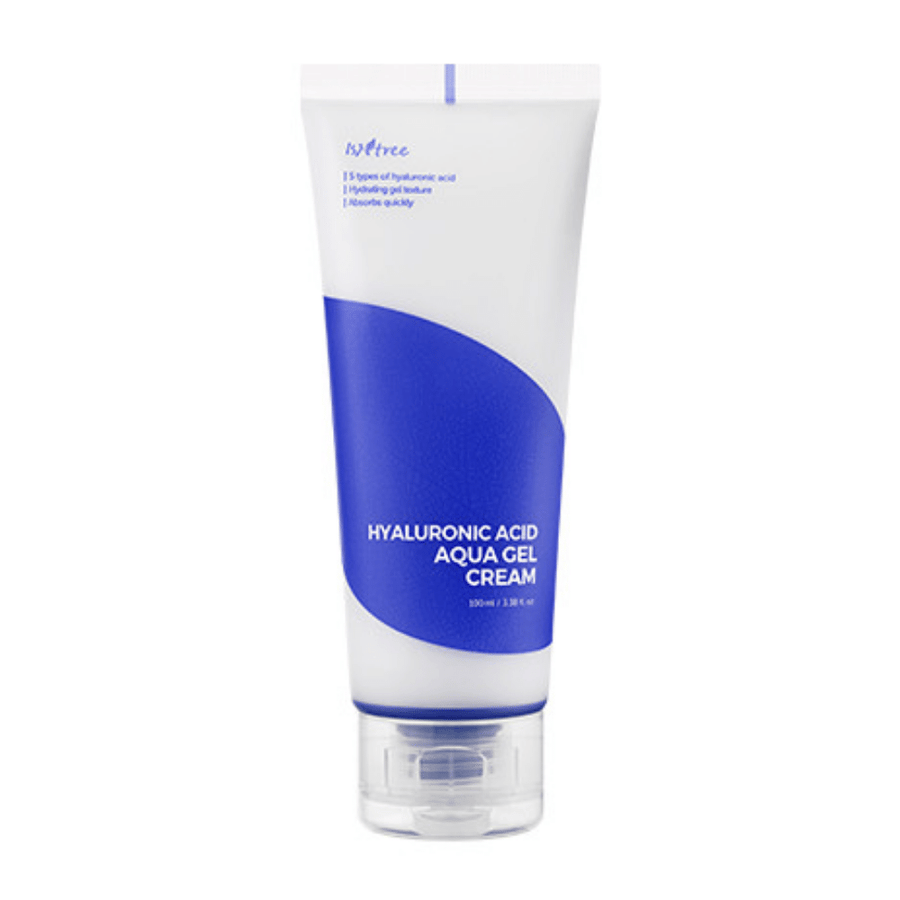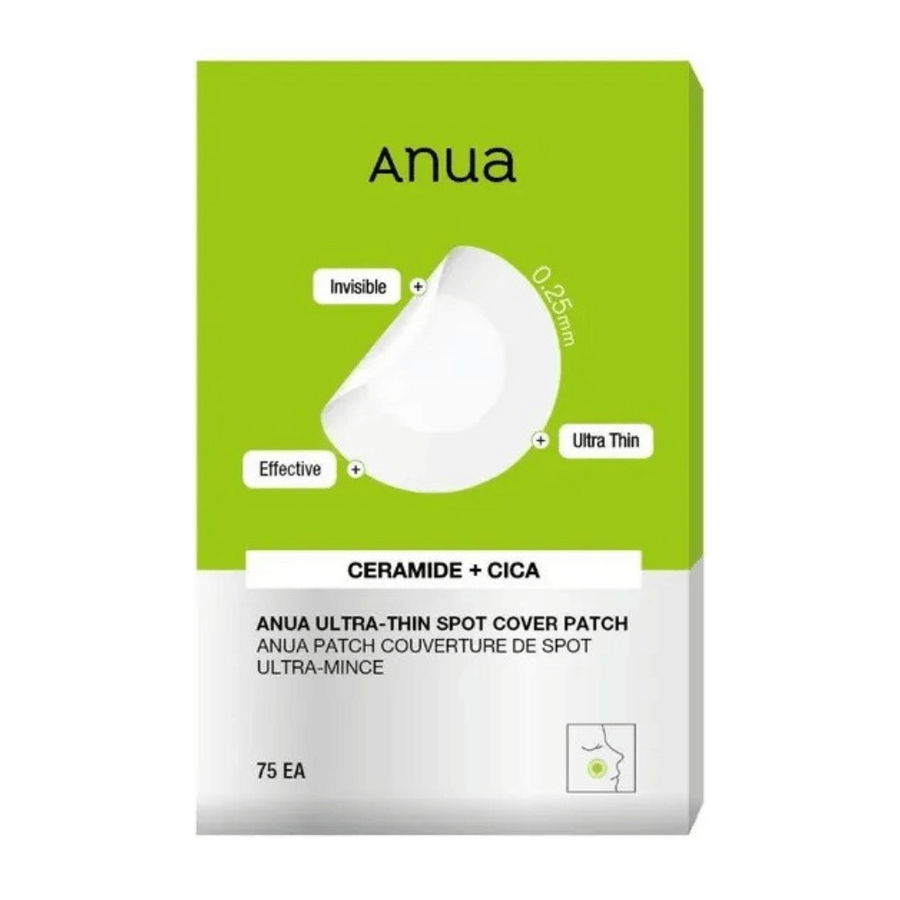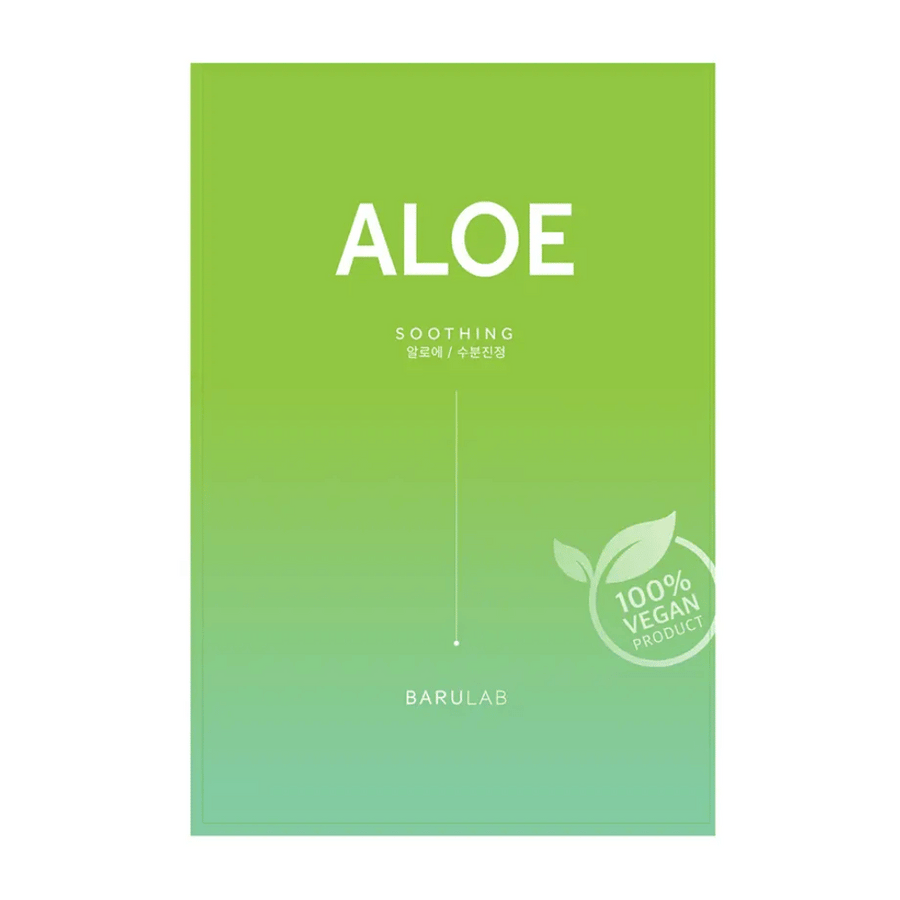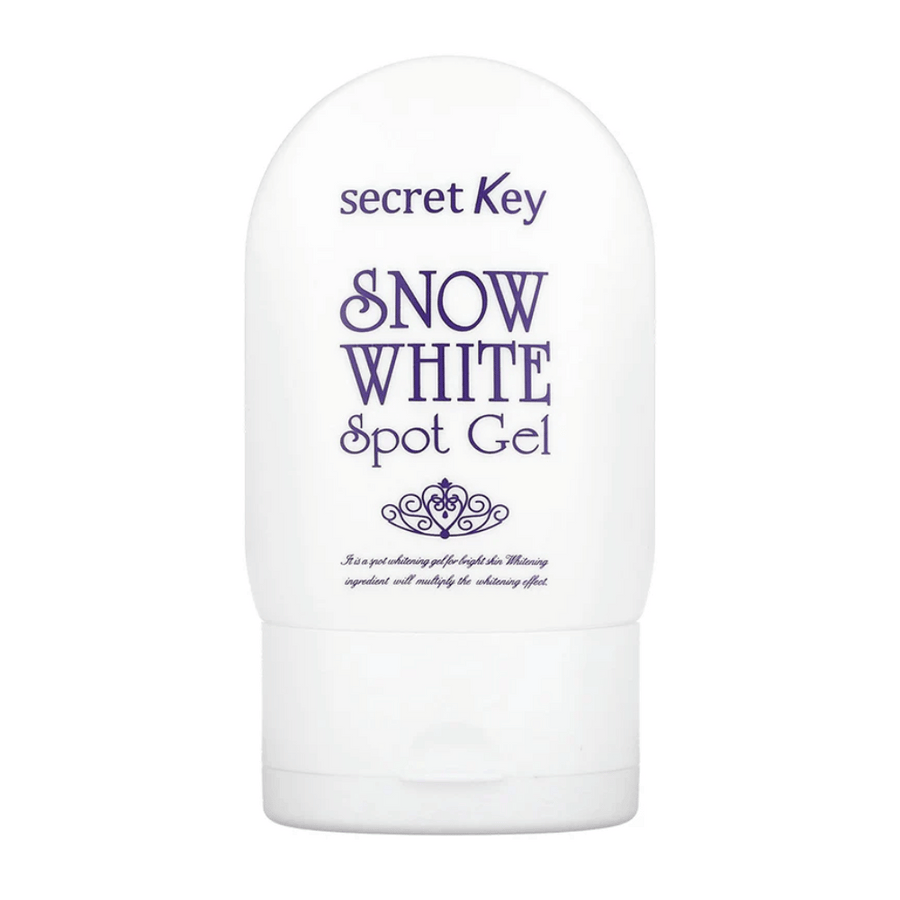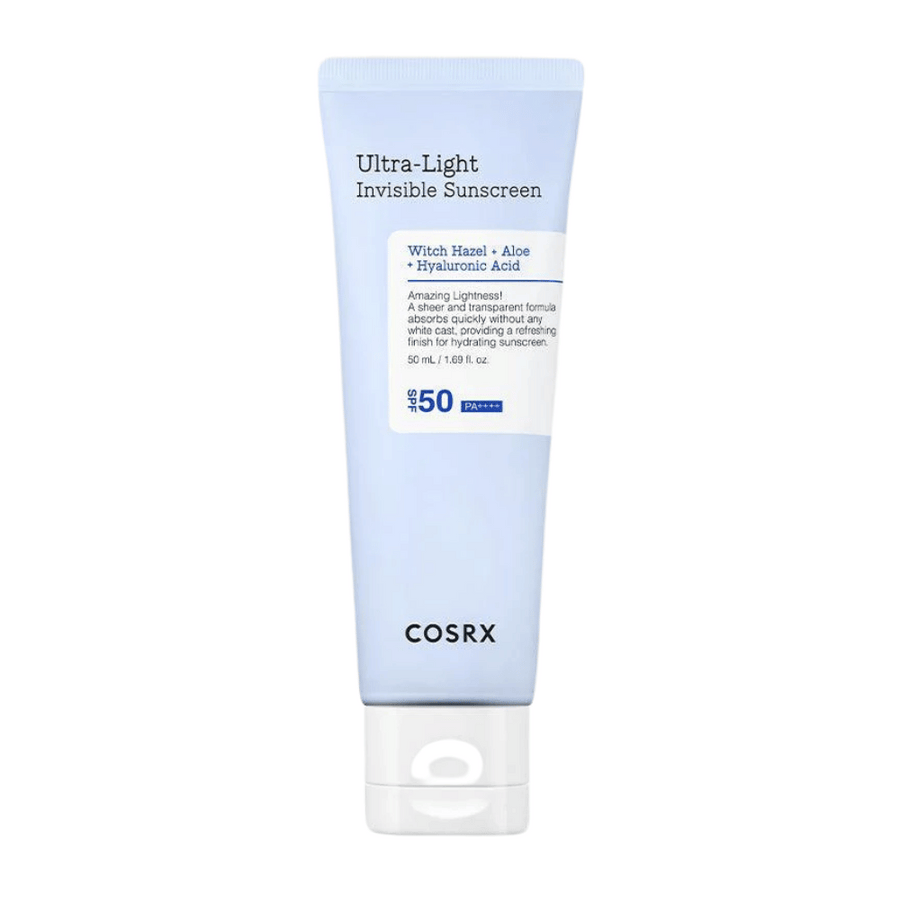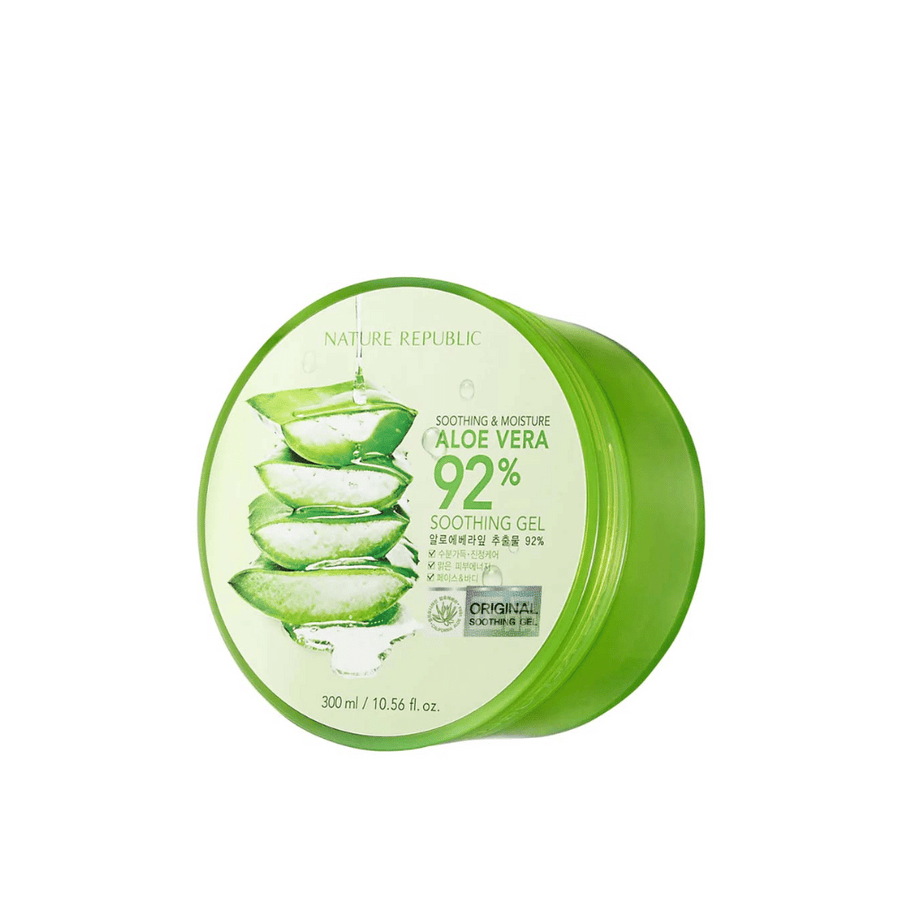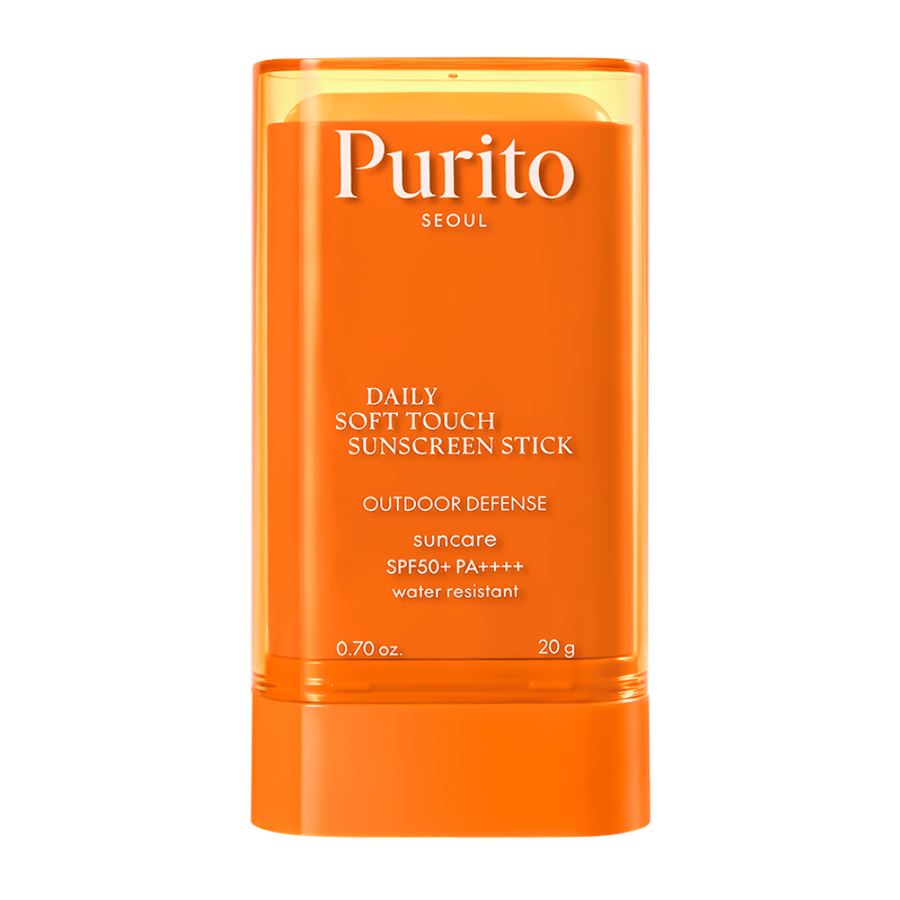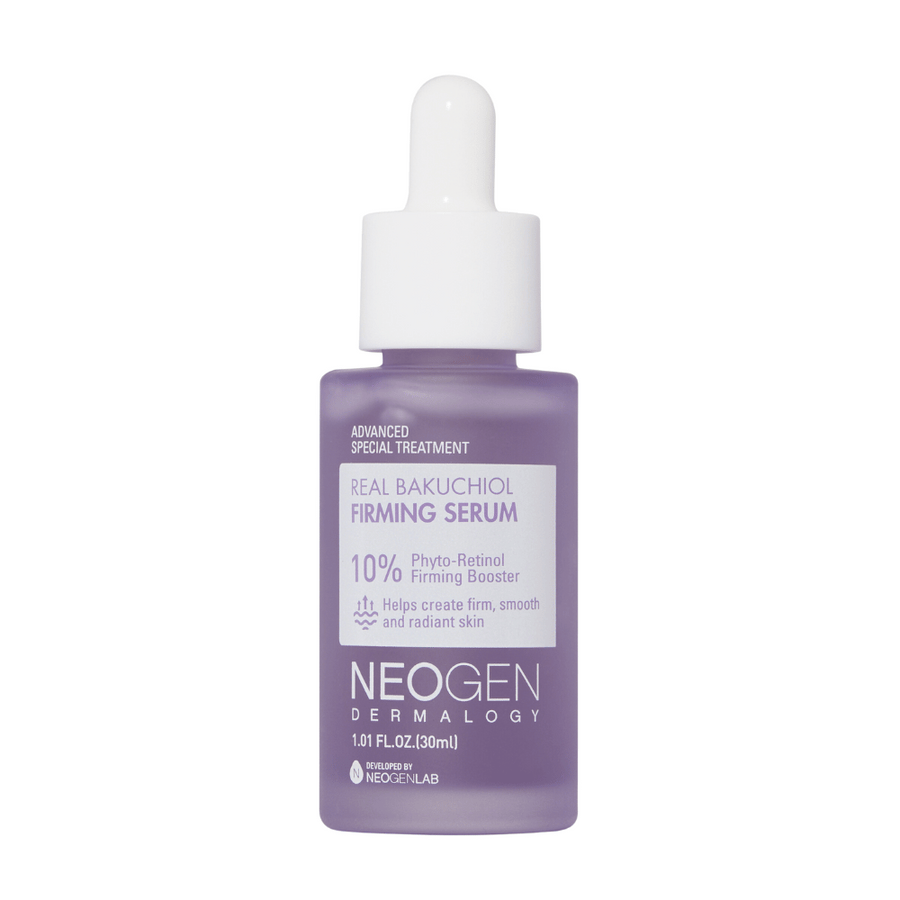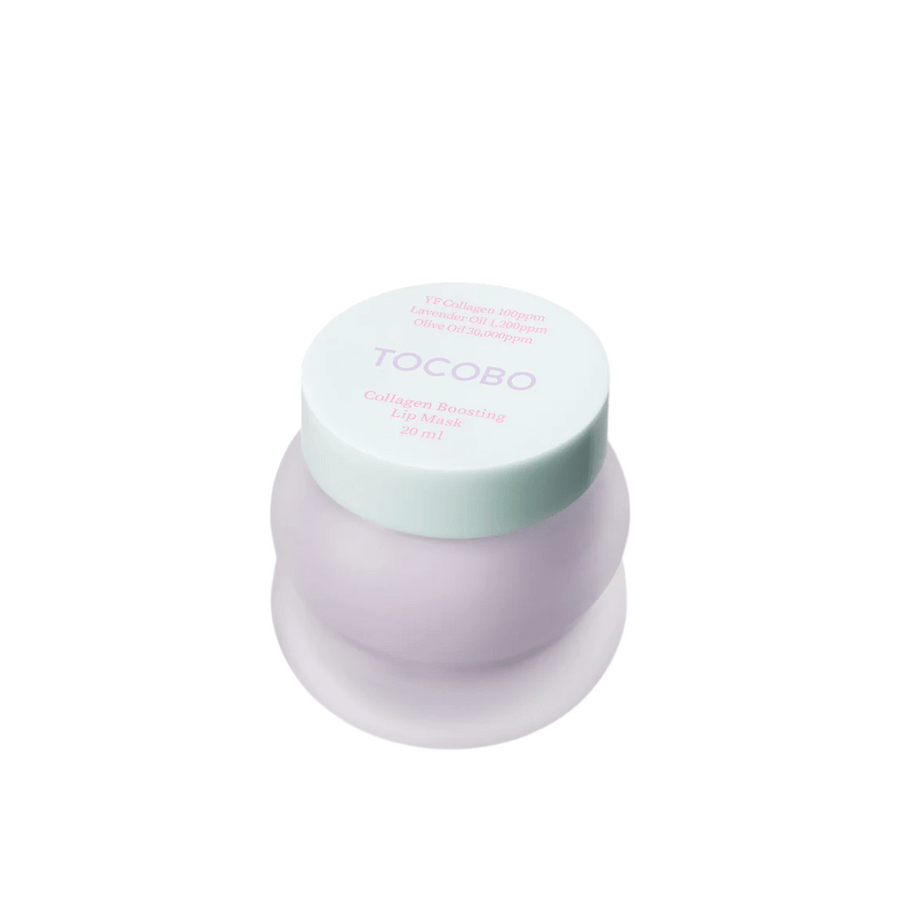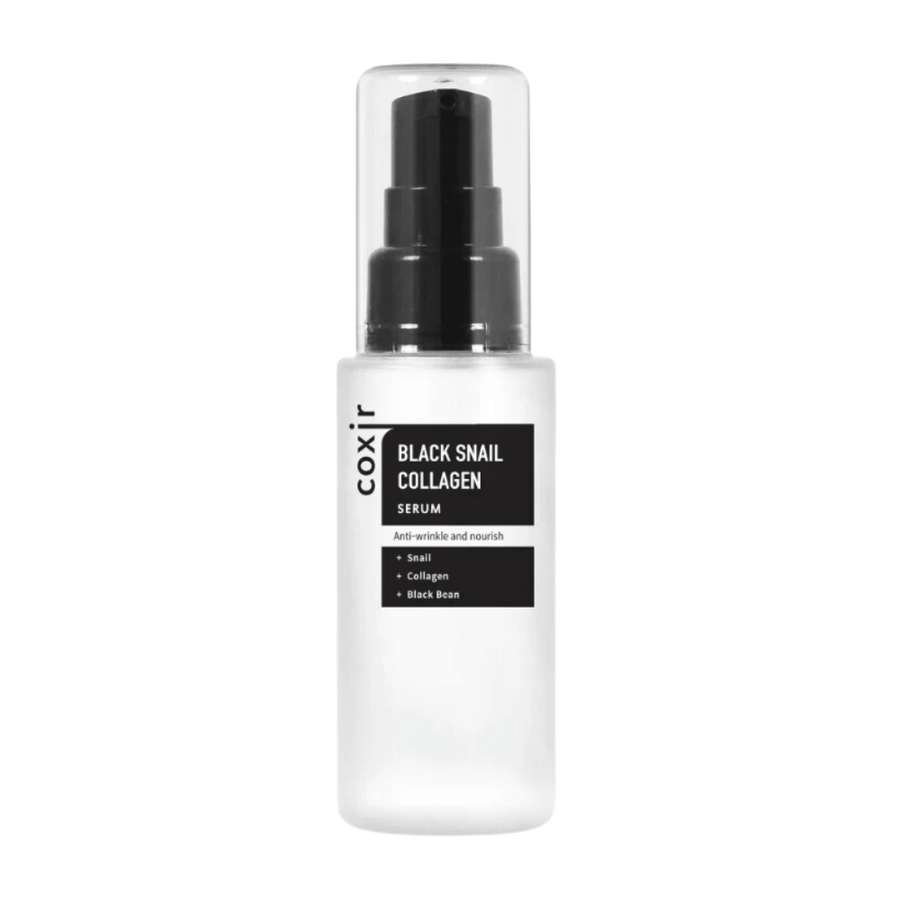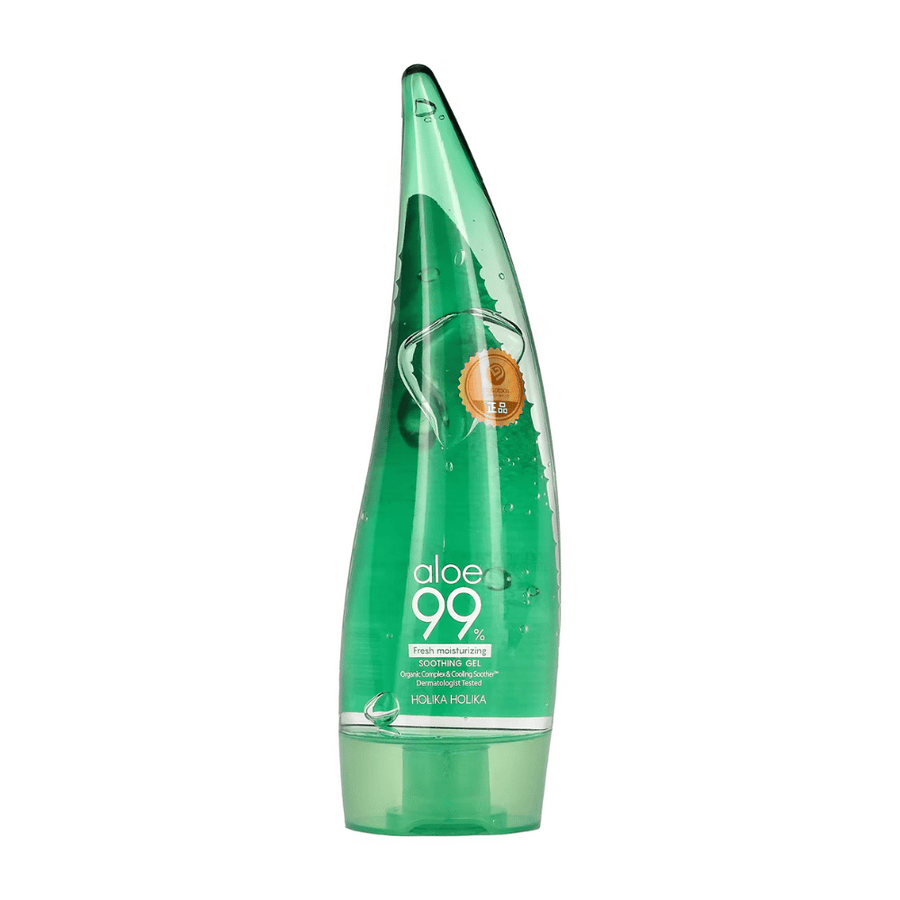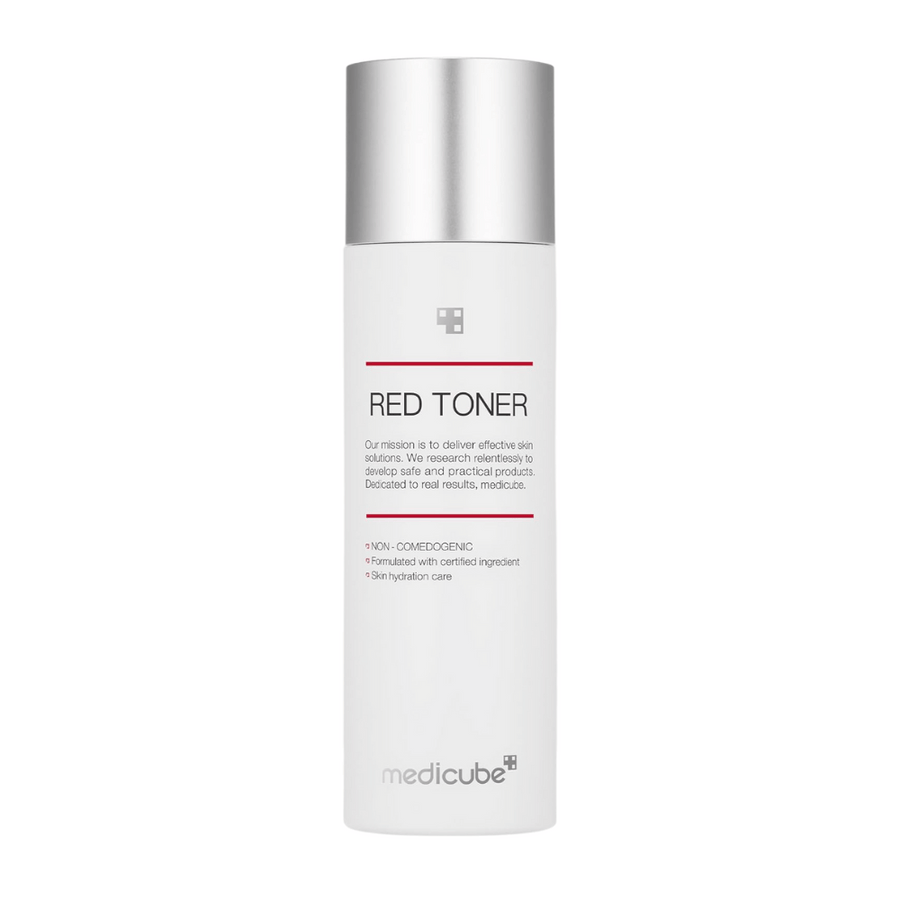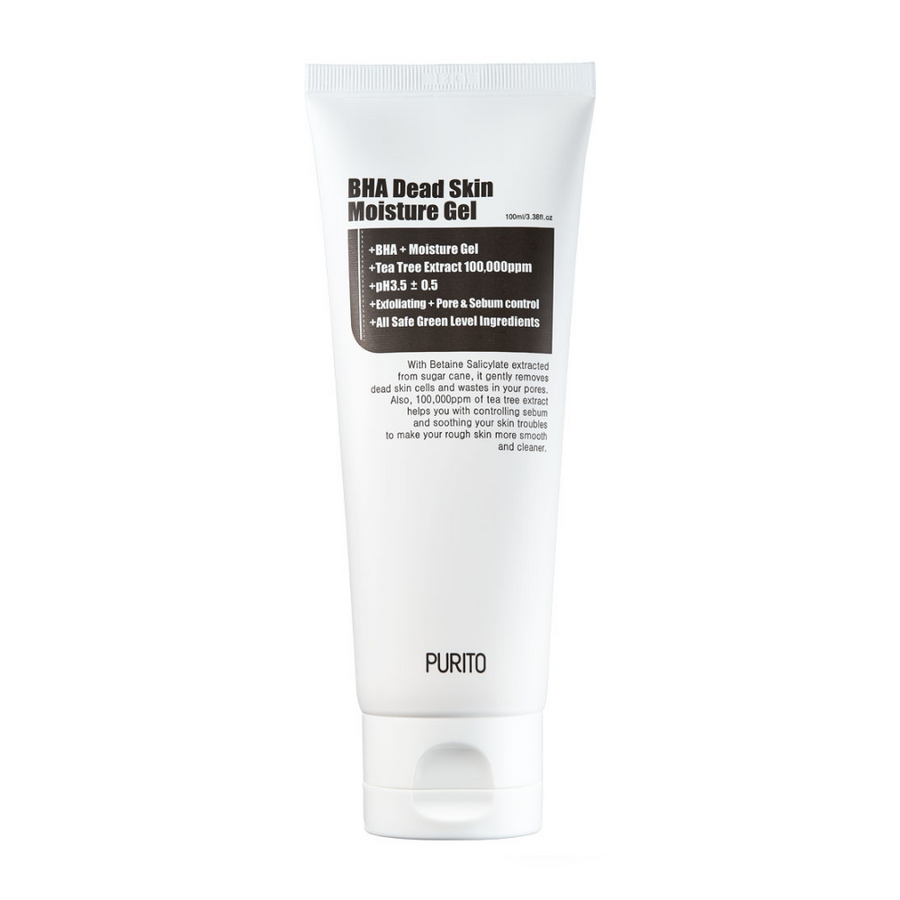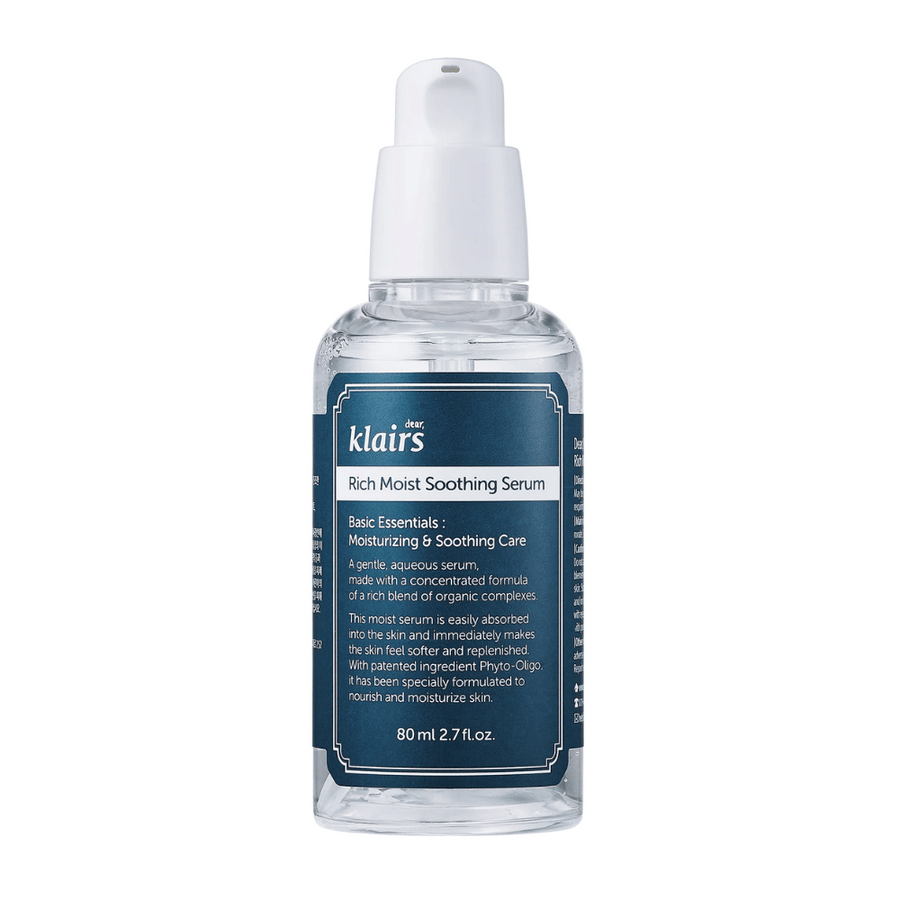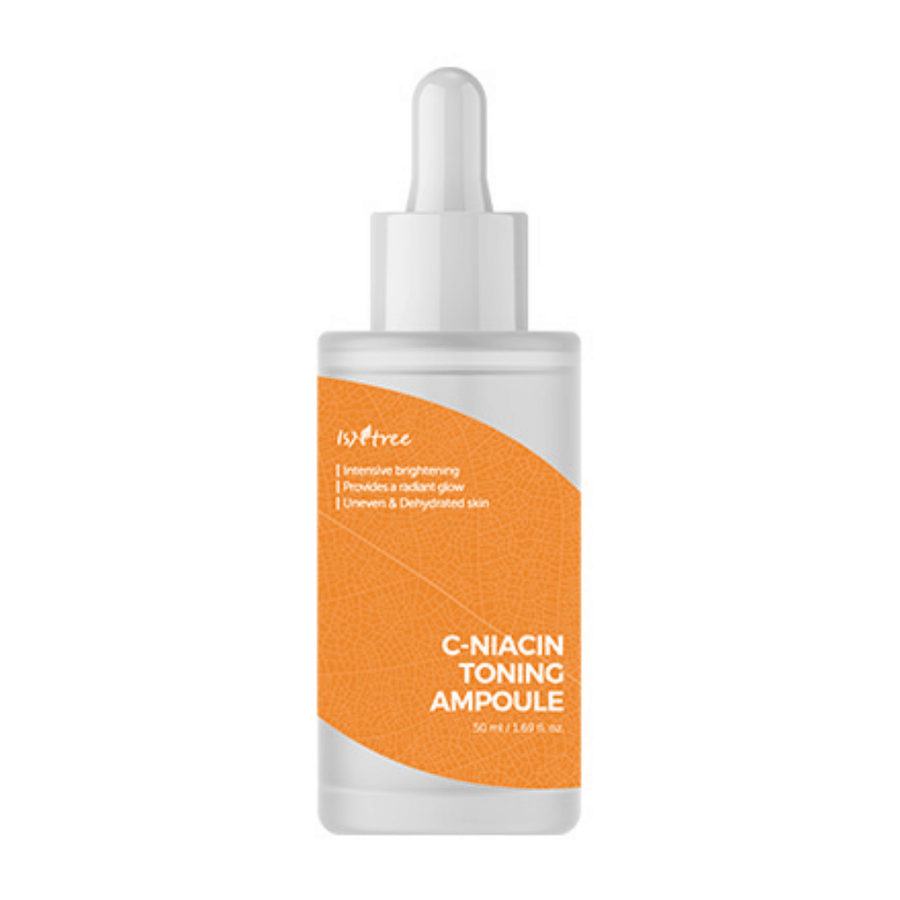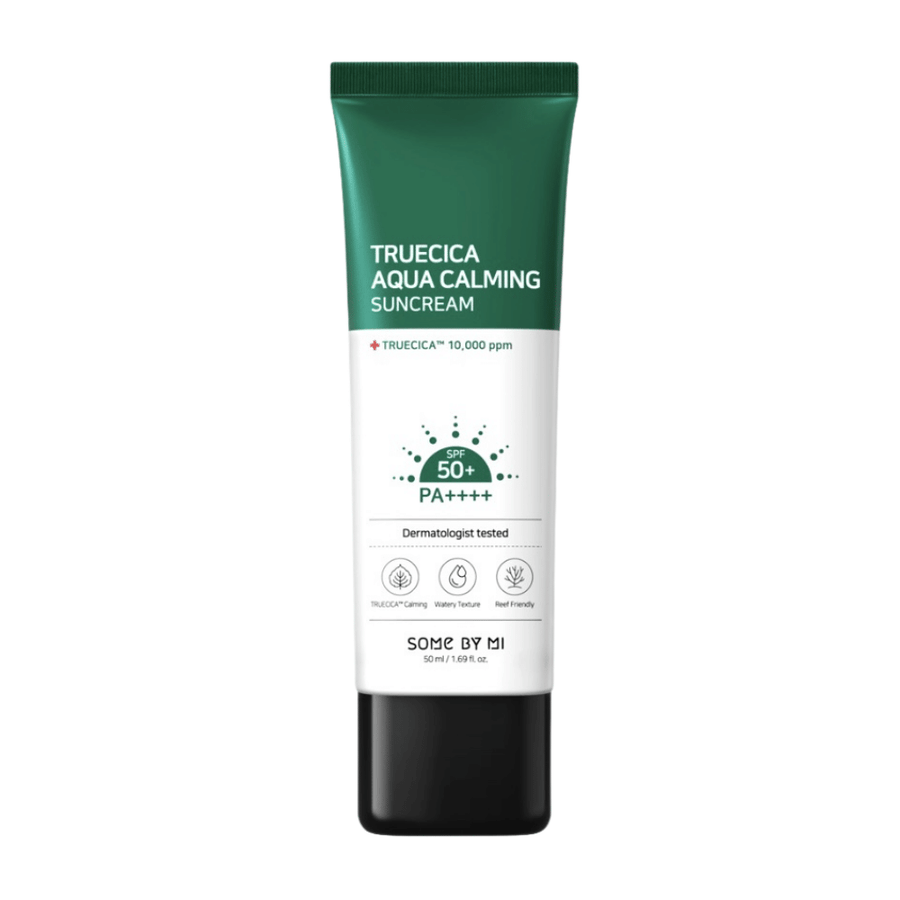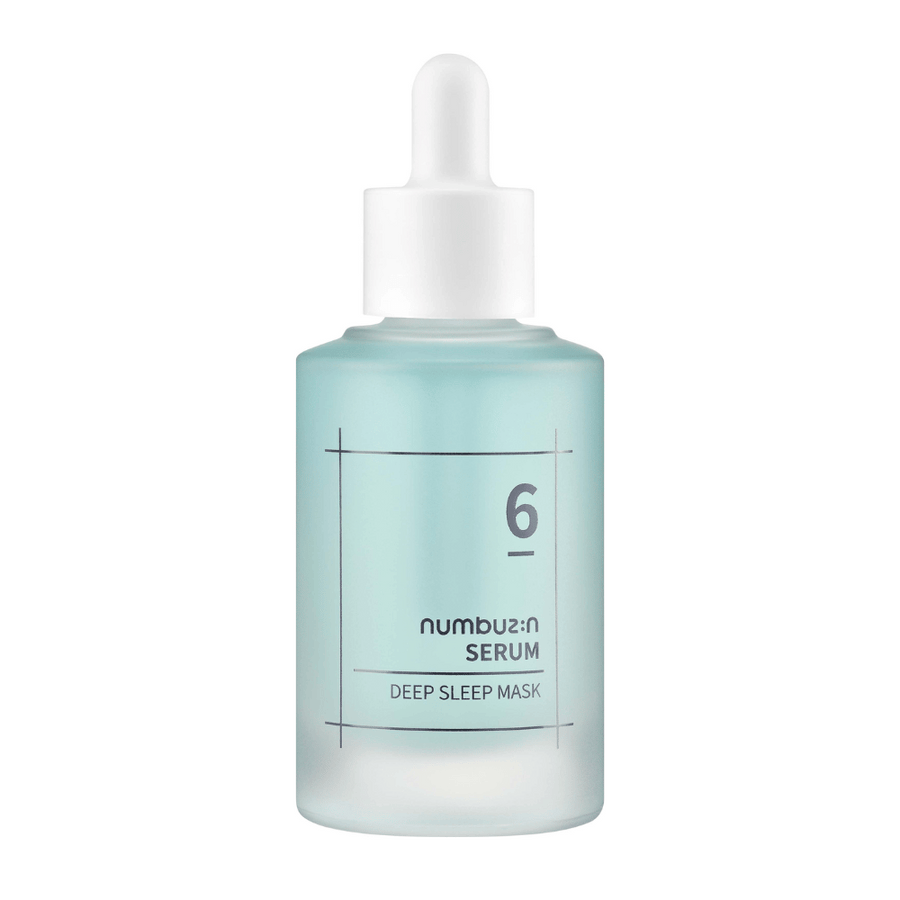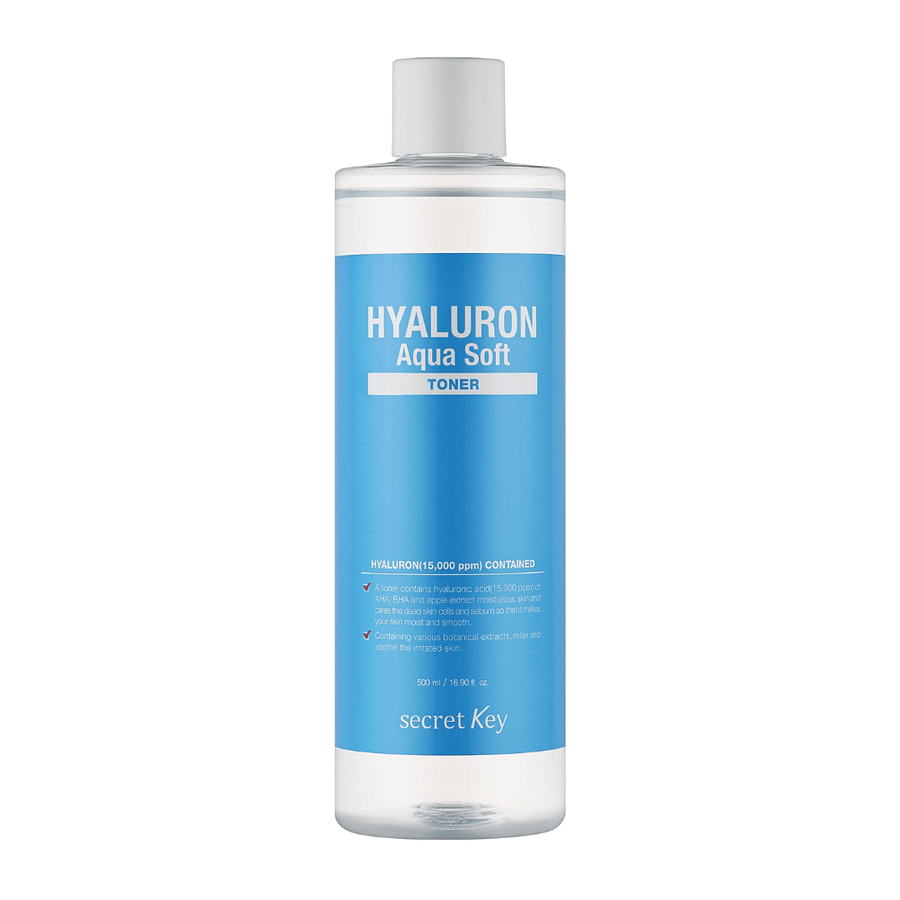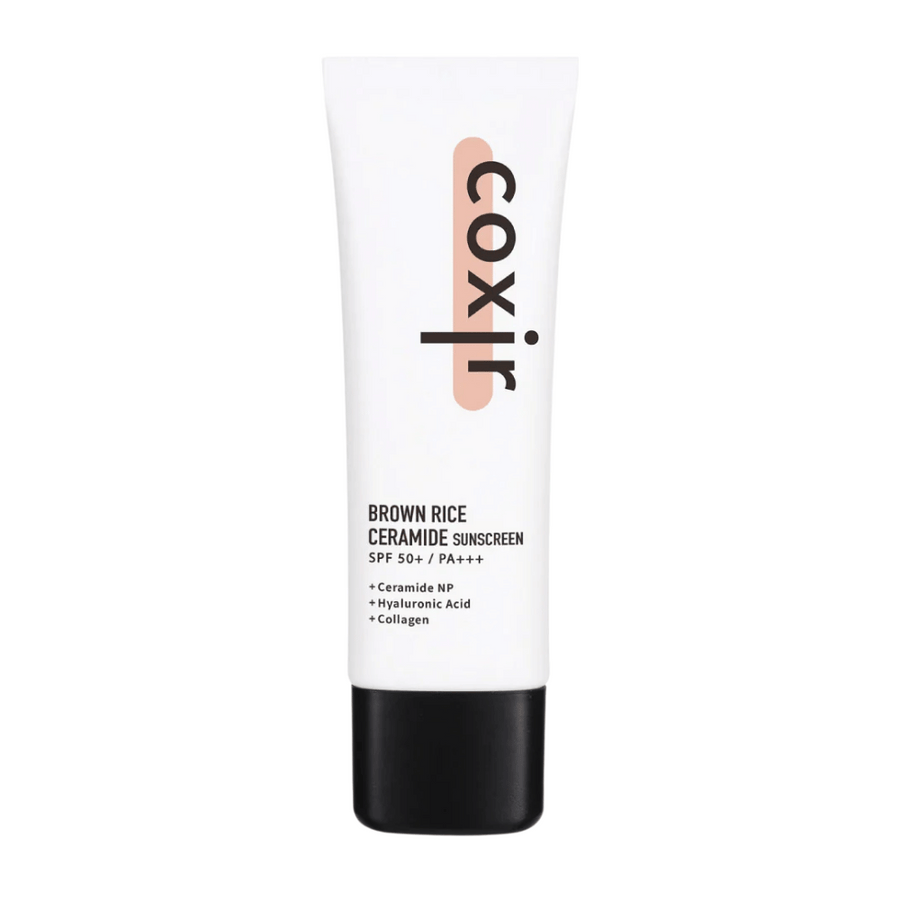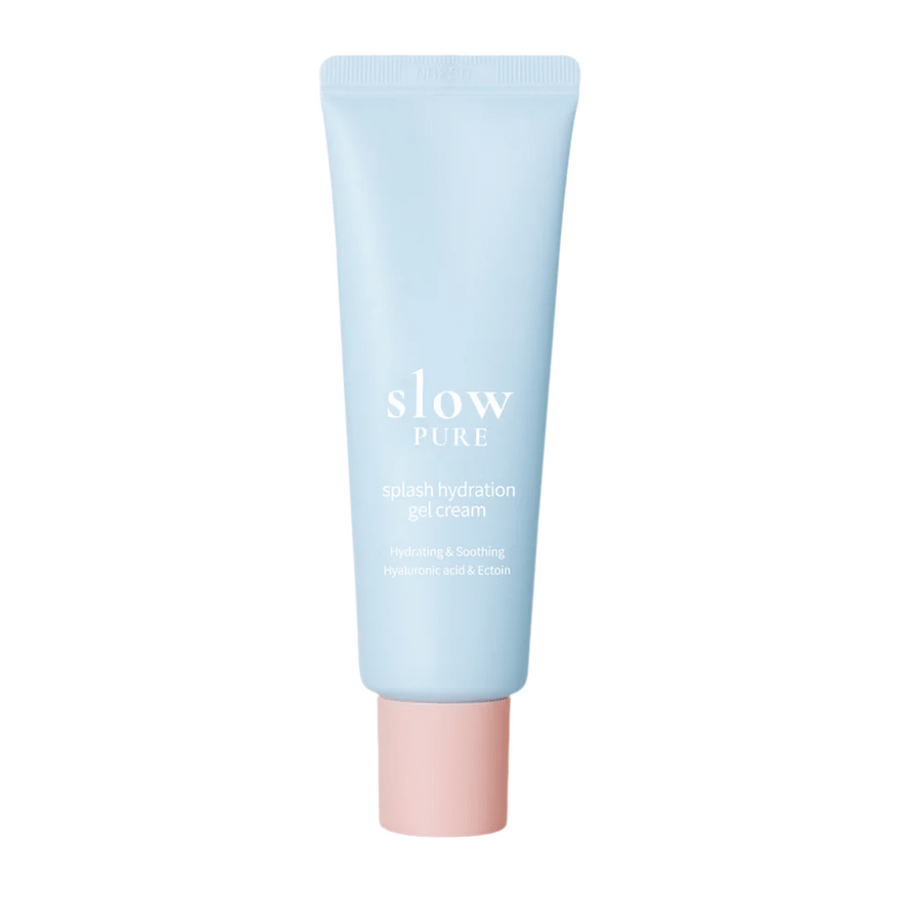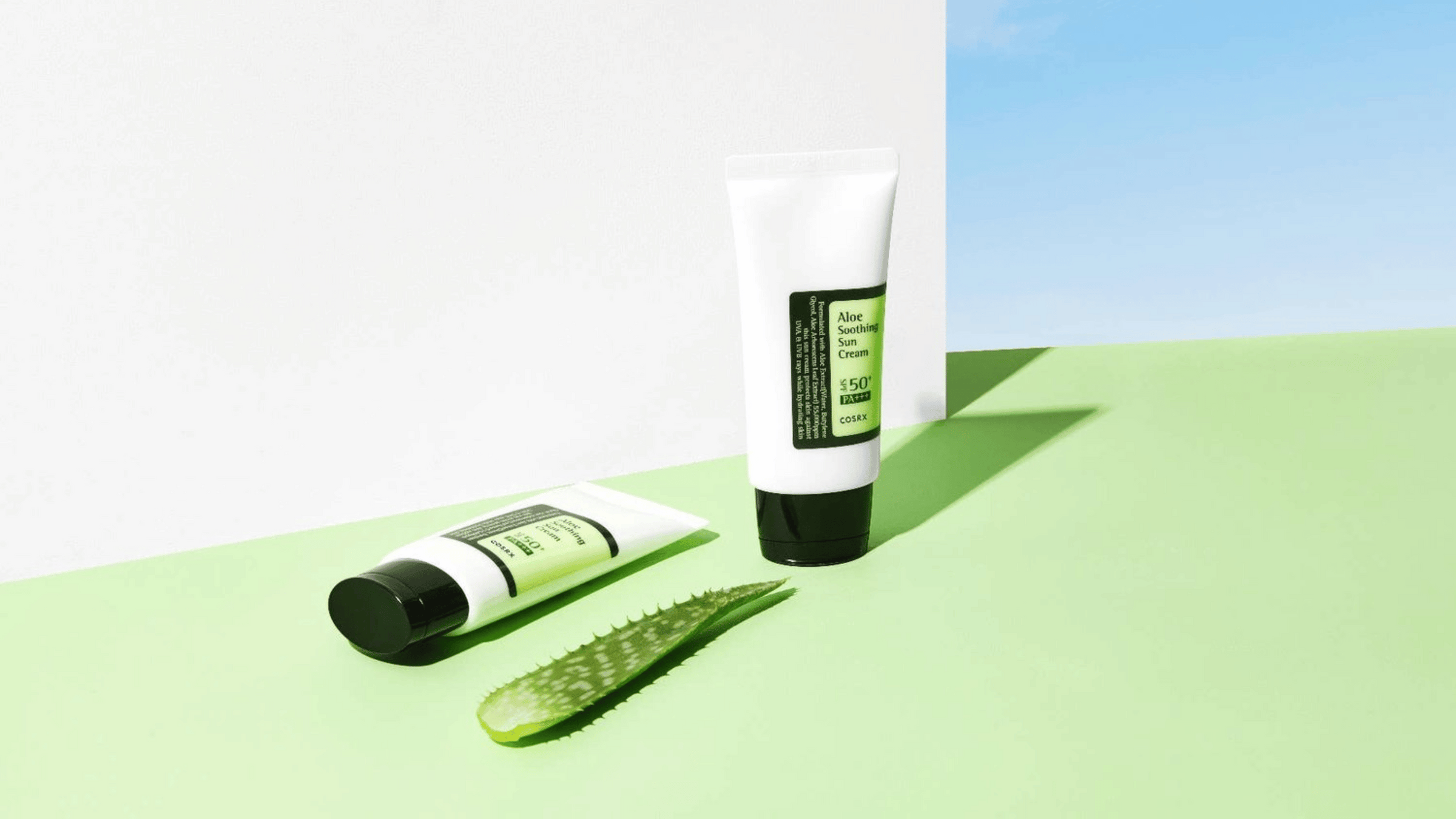
Aloe vera is a succulent plant with thick, gel-filled leaves, whose moisturizing gel has been used in skincare for centuries. Known for its soothing and healing properties, this natural ingredient is a cherished favorite in beauty care.
Aloe vera's properties as a skincare ingredient
Aloe vera is often called nature's own cocktail of skincare substances. The leaves contain a clear gel that is composed of 98-99% water, but it is the remaining components that make it so powerful. The gel is rich in over 200 bioactive substances, including a wide range of vitamins, minerals, antioxidants, enzymes, and amino acids. Among these are vitamins A, B, C, D, and E as well as minerals like magnesium and zinc, a combination that contributes to aloe vera's well-known soothing and protective properties.
Polysaccharides in the gel, also known as “mucilage substances,” help the skin retain moisture and create a protective barrier. Additionally, the gel contains natural saponins (about 3%), which gently cleanse the skin, as well as tannins, which can act as mild astringents. With this unique composition, aloe vera has become a beloved and indispensable ingredient in modern skincare.
Documented benefits for the skin
Aloe vera offers a multitude of well-documented benefits, making it a true star ingredient in skincare. Among the most notable properties are:
Soothing and anti-inflammatory effect
Aloe vera has an immediate cooling effect that effectively relieves irritation, redness, and inflammation in the skin. It is particularly helpful for sunburn, rashes, or acne-related redness. Known for its ability to “soothe and reduce inflammation”, aloe vera is a perfect solution for sensitive skin or irritated pimples.
Deep hydration and softening properties
With a high water content and moisture-binding polysaccharides, aloe vera provides intense deep hydration. Its “soothing and moisturizing effect” keeps the skin soft and silky all day. Unlike heavier creams, aloe vera gel absorbs quickly and leaves no sticky feeling, making the skin fresh and supple.
Healing and repairing ability
Used for generations in folk medicine, aloe vera's wound-healing properties have also been confirmed by modern research. Its unique molecular structure stimulates collagen production and accelerates wound healing while minimizing scarring and combating bacteria. Therefore, it is often used for minor burns, sunburn, and abrasions to speed up the skin's recovery. Its cooling effect soothes burning, and certain components, such as anthraquinones, also have a mild pain-relieving effect.
Antioxidant protection
Aloe vera is rich in antioxidants like vitamin C, E, and polyphenols, which protect skin cells against harmful free radicals. This protection helps counteract premature aging and preserve the skin's natural glow. Additionally, aloe vera functions as a mild anti-aging ingredient, as it stimulates collagen production and can reduce fine lines over time.
In summary, aloe vera is an all-round ingredient in skincare: it soothes, hydrates, heals, and protects the skin simultaneously. These well-documented properties make aloe vera rightly regarded as a “super ingredient” for promoting healthy and radiant skin.
Common uses in skin care
The versatility of aloe vera is reflected in its many uses. Today, you can find aloe vera in a variety of skincare products and steps in your routine:
Cleansing and toners
Aloe vera is a popular ingredient in facial cleansers and facial toners thanks to its mildly cleansing saponins and soothing properties. It gently cleanses the skin without drying it out, while lightly hydrating and balancing the skin – a perfect preparation for the rest of your skincare routine.
Serums and gels
Pure aloe vera gel works excellently as a moisturizing serum or a light moisturizer. It absorbs quickly and is perfect for layering routines. An expert tip is to apply aloe vera gel before your regular cream – the gel provides a moisture boost, while the cream seals in the moisture and prevents the nourishing ingredients from evaporating.
Face masks and treatments
Aloe vera is a star ingredient in sheet masks, sleeping masks, and spot treatments, where its soothing and hydrating properties truly shine. After a day in the sun, an aloe mask or a layer of aloe gel can reduce redness and provide a cooling, refreshing sensation to tired skin.
Day creams and lotions
In moisturizers, lotions, and body creams, aloe vera contributes extra care and hydration. It helps to strengthen the skin barrier and soften dry areas, making it ideal for both face and body.
After-sun and special products
Aloe vera's most iconic use is perhaps in aftersun gel, where its cooling and repairing effect soothes sunburned skin. Additionally, aloe vera is often found in shaving gel/aftershave to soothe the skin, spray misters that hydrate, set makeup, and refresh, as well as in lip balms for softer lips.
In short, aloe vera is a versatile ingredient that accompanies you throughout your skincare routine – from cleansing to moisturizing. Whether it's for daily care or addressing acute skin issues, aloe vera is a reliable and effective solution.
The role of aloe vera in Korean skincare (K-beauty)
K-beauty, the Korean philosophy on skincare, has truly embraced aloe vera as a beloved ingredient. Korean skincare focuses on gentle, natural substances and layered hydration, making aloe vera a perfect match. With its instantly soothing effect and light hydrating feel, aloe has become a staple in countless K-beauty products. Products with aloe vera are praised for their ability to soothe and provide intense moisture – according to many enthusiasts, they are simply “a must in every skincare routine”.
Aloe vera is widely used in K-beauty and can be found in everything from cleansing foams and toners to essences, serums, creams, and sunscreens. Particularly popular are aloe-based gels, multifunctional products with up to 99% aloe that can be used as a face cream, mask, or for a quick cooling effect. Sheet masks with aloe vera extract are another favorite – they provide an intense moisture boost and soothe stressed skin in just a few minutes. Even sunscreens in K-beauty often contain aloe: these lightweight, aloe-based sun protections hydrate the skin while protecting against UV rays. The result? “Silky and radiant skin” without the dry feeling that sunscreen can sometimes give.
Aloe vera's popularity in K-beauty is also strongly linked to the pursuit of “glass skin” – the coveted, dewy, and hydrated skin with a clear glow. Aloe helps to reduce redness and provides plenty of moisture without clogging pores, making it ideal for achieving this characteristic glow. Additionally, aloe is often combined with other iconic K-beauty ingredients, such as snail secretion, centella asiatica, and green tea extracts, to maximize the skin's recovery and radiance.
In summary, aloe vera is a cornerstone in Korean skincare, loved for its versatility and ability to deliver quick results. With aloe in your routine, you get calmer, more hydrated, and balanced skin – a cornerstone in K-beauty philosophy.
Skin types and conditions that aloe vera is best suited for
One of aloe vera's greatest advantages is its versatility – it suits most skin types and can positively contribute to a variety of skin conditions. Here are some skin categories where aloe vera truly shines:
Dry skin
Aloe vera is a real moisture booster thanks to its high water content. It effectively hydrates and gives dry skin a softer, more hydrated feel by binding moisture in the skin's top layer. If the skin is very dry, aloe vera can be used as a moisture serum under a richer cream, combining moisture with nourishing fats for optimal care. The result? Skin that feels less tight and significantly more hydrated.
Oily and acne-prone skin
With its light, oil-free formula, aloe vera absorbs quickly without clogging pores – perfect for oily or shiny skin that still needs moisture. Additionally, aloe vera has anti-inflammatory properties, making it ideal for acne outbreaks. It soothes redness and swelling and can calm irritated breakouts. Some research also suggests that aloe vera has a mild antibacterial effect, which can further benefit acne-prone skin.
Sensitive and irritated skin
Aloe vera is one of the most gentle and recommended ingredients for sensitive skin. It cools, reduces redness, and soothes irritation in conditions like rosacea, eczema, or generally stressed skin. For people whose skin reacts strongly to many products, aloe vera can be one of the few exceptions – it gently and effectively relieves itching, inflammation, and irritation. (As always, it's wise to perform a patch test if you have severe allergies, even though allergy to aloe is rare.)
Mature skin
Aloe vera is rich in vitamins A, C, and E, as well as antioxidants, making it a fantastic ingredient for mature skin. It protects against free radicals, boosts the skin's collagen, and contributes to improved elasticity. Regular use can help the skin maintain its moisture and firmness, making fine lines and wrinkles less prominent. Additionally, aloe vera provides a natural glow that is often appreciated by mature skin that can feel pale.
Sunburned or Damaged Skin
For skin that has become sunburned or irritated, aloe vera is a classic hero. Its cooling gel provides immediate relief from sunburn and accelerates the healing of minor burns. Even for minor cuts, shaving irritation, or insect bites, aloe vera can work wonders by soothing stings and reducing red marks.
As you can see, aloe vera is an incredibly versatile ingredient. Whether your skin is dry, oily, sensitive, young, or aging, there are benefits to be gained. That's why aloe vera is often highlighted as a key ingredient in products marketed as "suitable for all skin types." With aloe vera, your skin gets the best of both worlds: gentle care and impressive results.
Common Questions About Aloe Vera in Skincare
What does aloe vera do for the skin?
Aloe vera is a true all-in-one ingredient for the skin. It deeply moisturizes, soothes irritated skin, and helps heal minor wounds and pimples. With its vitamins and antioxidants, it also protects the skin from external stressors and premature aging. In short: regular use of aloe vera provides the skin with more moisture, reduces redness, and gives a natural "glow."
Is aloe vera suitable for all skin types?
For the most part, yes! Aloe vera is both gentle and non-comedogenic (does not clog pores), making it suitable for all skin types – from dry and oily to sensitive skin. If you have very dry skin, you may need to supplement with a richer cream to lock in moisture, but aloe vera gel works excellently as a moisturizing base. For sensitive or reactive skin, aloe vera is a safe choice as it soothes without irritating. If you're unsure, test first on a small area of skin – but allergies to aloe vera are very rare.
Does aloe vera help with acne and pimples?
Aloe vera is not a substitute for medical acne treatment, but it can definitely be helpful with pimples. Its anti-inflammatory properties reduce redness and swelling around inflamed pimples, and its antibacterial effect can inhibit bacterial growth on the skin's surface. Many who suffer from acne appreciate aloe vera gel as a spot treatment for breakouts or as a soothing aftercare following strong acne products, counteracting irritation and dryness. The result is often calmer and more balanced skin.
How do I use aloe vera in my skincare routine?
Aloe vera can easily be integrated into your daily skincare routine in several ways. If you have pure aloe vera gel, apply it directly to the skin after cleansing as a serum or Essence. Let it absorb before applying your regular moisturizer. You can also mix a few drops of aloe gel into your day cream or foundation for extra moisture. Aloe vera-based products like toners, serums, and creams are used as directed – for example, an aloe toner after cleansing or an aloe cream as the final step to moisturize. If you want to give your skin extra care, apply a thicker layer of aloe vera gel as a mask and let it sit for 10–15 minutes before rinsing off or wiping away the excess. The result? Cooled, soft, and hydrated skin! And don't forget: aloe vera is unbeatable as aftercare after sun exposure – apply generously to soothe and restore the skin.
Can you use aloe vera every day?
Absolutely! Aloe vera is so gentle that it is suitable for daily use. You can use it both morning and evening – for example, as a moisturizing base under makeup in the morning or as a soothing layer after cleansing in the evening. Many use aloe vera gel daily as a light serum or moisturizer and notice a significant improvement in skin health: more hydrated, less sensitive and with a fresher glow. As always when introducing a new product, be attentive to how your skin reacts – but daily use of aloe vera is generally a safe and beneficial choice.
Discover our aloe vera products and experience the difference yourself!



